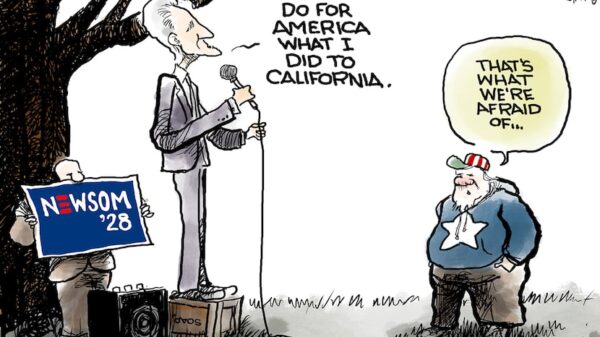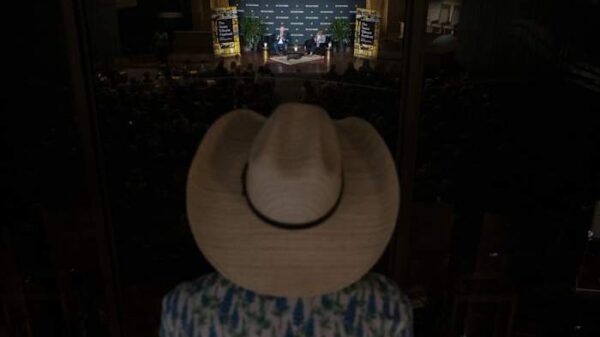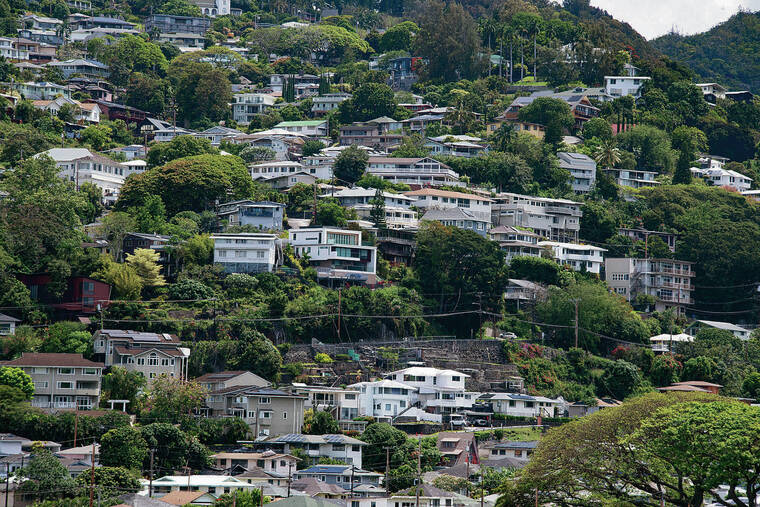Honolulu is at a crossroads in addressing its ongoing housing crisis, with local leaders debating the implementation of an “empty homes tax.” This proposal aims to tax residential properties that are not used as principal residences for at least half of the year. The urgency for action has intensified as the 2020 U.S. Census revealed over 34,000 vacant homes on Oahu, highlighting the pressing need for housing available to local residents.
The empty homes tax could serve multiple purposes. It has the potential to decrease global demand for Oahu properties, convert vacant homes into housing for locals, and generate significant revenue for affordable housing initiatives. In 2024, the city engaged Ernst & Young to study the feasibility of this tax, following the introduction of Bill 46. The resulting report, released in 2025, estimated that the tax could yield more than $290 million in net revenues over a decade while facilitating the conversion of over 1,100 housing units for local use. The total value of these benefits exceeds $1 billion.
Despite these promising findings, the city’s Budget and Finance Services Director canceled Ernst & Young’s contract, opting not to proceed with the implementation study. This decision comes from a director who has previously expressed skepticism about the tax, claiming a lack of expertise and resources to implement it effectively. Such actions have drawn criticism, as even opponents of the empty homes tax have called for the completion of the feasibility study, arguing it is essential for informed decision-making.
The cancellation of the study is seen as a missed opportunity to address the housing crisis comprehensively. The funds for Ernst & Young’s contract were from federal sources, meaning the city will incur no additional costs. Advocates argue that the empty homes tax is a vital component in the broader strategy to tackle the housing shortage. It would not only discourage the use of properties as investment opportunities or vacation homes but would also provide sustainable revenue to support housing for local residents.
While the empty homes tax is not a standalone solution, it is a crucial tool that aligns with other necessary measures, such as transit-oriented development, streamlined permitting processes, and affordability requirements linked to local incomes. The implementation of this tax could help shift the focus from prioritizing wealthy investors to addressing the needs of current residents, who often find themselves priced out of the housing market.
The question remains whether Honolulu will allow wealthy investors with empty homes to shape its housing future or if it will take decisive action to prioritize affordable housing for its residents. The empty homes tax is more than a policy proposal; it represents a commitment to ensuring that local residents are not only housed but also have the opportunity to thrive in their community.
As discussions continue, the city has an opportunity to redefine its approach to housing, signaling a commitment to its residents and their needs. The empty homes tax stands as a potential promise to prioritize local housing over investment portfolios and vacation properties, making it a pivotal issue in the ongoing discourse about housing in Honolulu.







































































